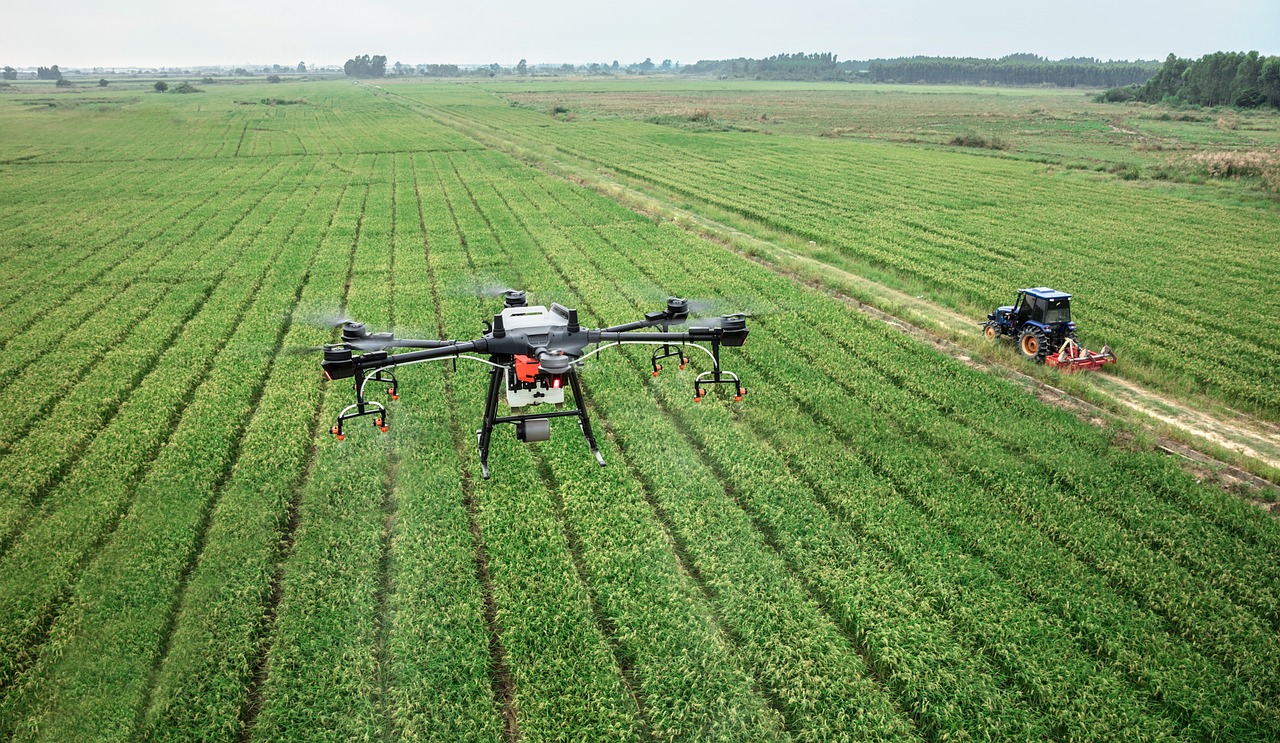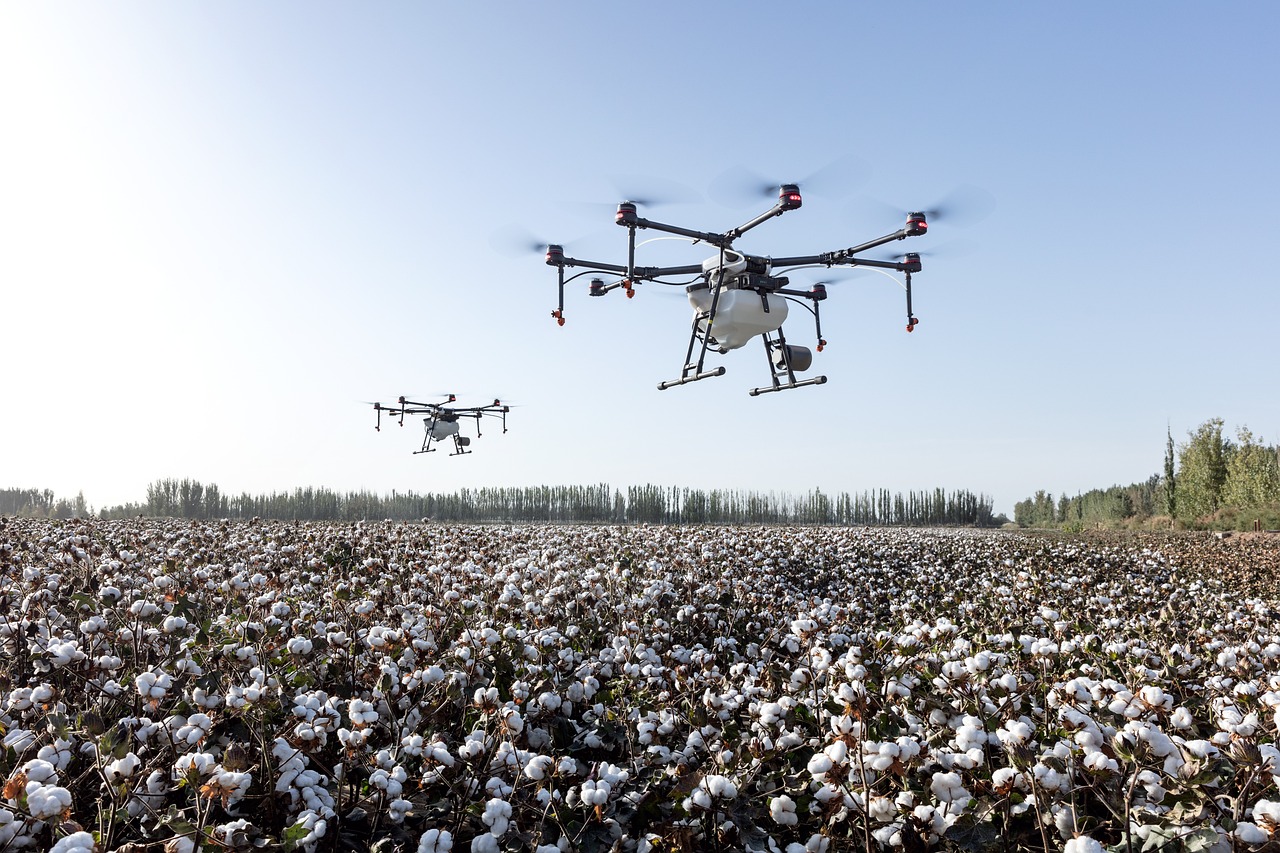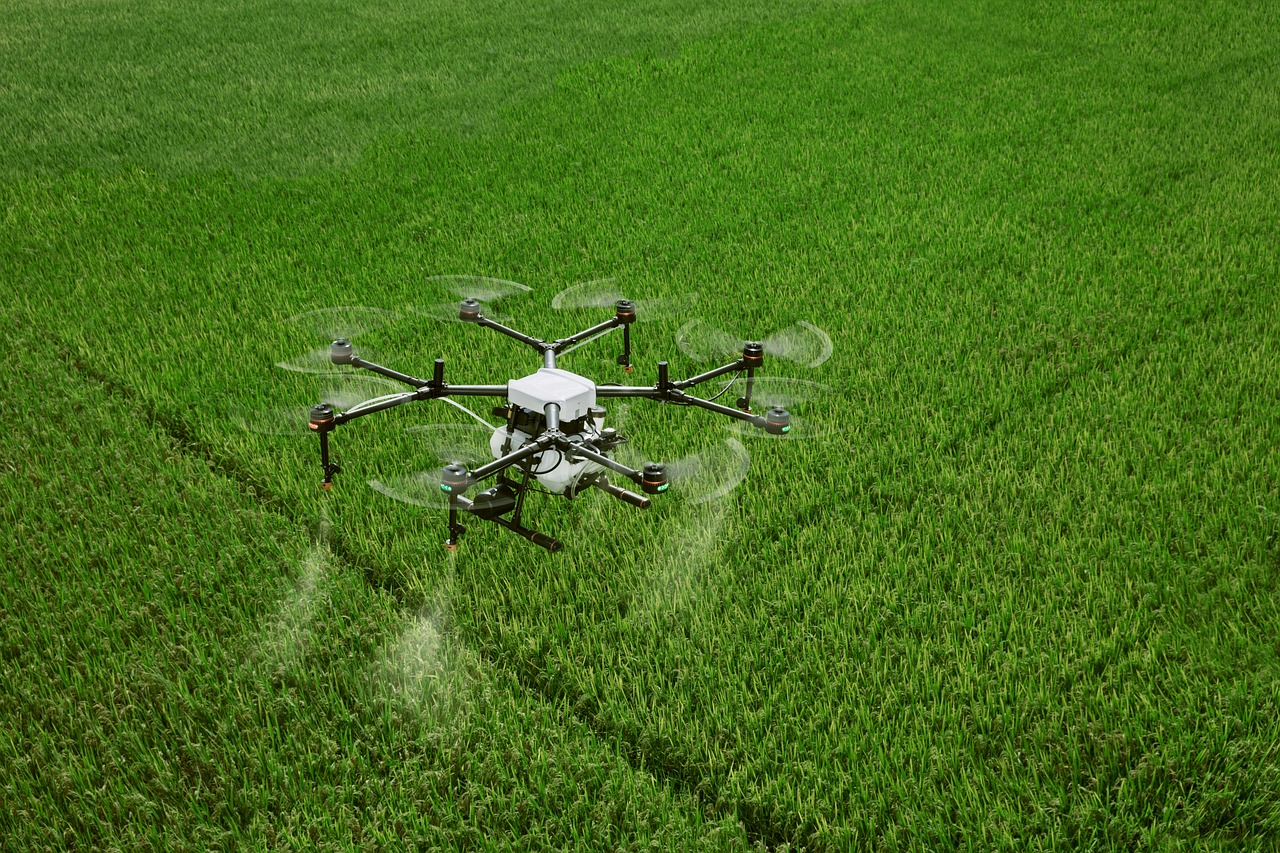In the vast expanse of Indian agriculture, where tradition meets innovation, the adoption of drone technology promises to revolutionize farming practices. Drones, equipped with advanced sensors and imaging capabilities, offer invaluable insights to farmers, enabling them to make informed decisions and optimize crop yields. However, despite the potential benefits, the widespread adoption of drones in Indian agriculture faces significant challenges. In this blog post, we delve into these challenges and explore strategies to overcome them, paving the way for a brighter future in agritech.
Limited Awareness and Education
One of the primary barriers to the adoption of drones in Indian agriculture is the limited awareness and education among farmers. Many farmers are unfamiliar with drone technology and its potential applications in farming. Furthermore, misconceptions and apprehensions about drones often hinder their acceptance. To address this challenge, concerted efforts are needed to raise awareness and provide education and training programs tailored to the needs of farmers. Workshops, demonstrations, and knowledge-sharing initiatives can play a crucial role in empowering farmers with the information and skills required to leverage drone technology effectively.
High Initial Costs
Another significant hurdle in adopting drones in Indian agriculture is the high initial costs associated with procurement and operation. Drones equipped with advanced sensors and imaging systems can be expensive, making them inaccessible to small and marginal farmers, who form the majority of the agricultural workforce in India. Additionally, the recurring costs of maintenance, licensing, and insurance further add to the financial burden. To make drones more affordable and accessible, innovative financing models, subsidies, and government incentives can be explored. Collaborations between the public and private sectors can also help reduce costs through economies of scale and technological advancements.
Regulatory Hurdles
Navigating the regulatory landscape governing drone operations in India poses a significant challenge for farmers and drone operators. The Directorate General of Civil Aviation (DGCA) has laid down strict regulations governing the registration, operation, and airspace restrictions for drones. Obtaining permits such as the Unmanned Aircraft Operator Permit (UAOP) and adhering to safety guidelines are essential prerequisites for legal drone operations. However, the complex and evolving nature of drone regulations often leads to confusion and compliance challenges. Simplifying and streamlining the regulatory process, providing clear guidelines, and enhancing support services can facilitate smoother adoption of drones in agriculture.
Infrastructure and Connectivity Issues
In many rural areas of India, inadequate infrastructure and connectivity pose challenges to the effective deployment of drones in agriculture. Limited access to electricity, internet connectivity, and logistical support can hinder the operation and maintenance of drones. Moreover, rugged terrain and unpredictable weather conditions present additional obstacles to drone operations. Addressing these infrastructure challenges requires investments in rural infrastructure development, including electrification, internet connectivity, and transportation networks. Furthermore, the development of robust drone technology capable of operating in challenging environments can enhance reliability and resilience.
Conclusion
Despite the challenges, the adoption of drones in Indian agriculture holds immense promise for transforming the sector and improving livelihoods. By addressing the barriers discussed above through collaborative efforts involving government agencies, industry stakeholders, and technology providers, we can unlock the full potential of drone technology in agriculture. Empowering farmers with knowledge, making drones affordable and accessible, streamlining regulations, and investing in rural infrastructure are essential steps towards realizing this vision. Together, let us break the barriers and embrace the future of agritech powered by drones.



No Comments Yet
Login or Register to post comments